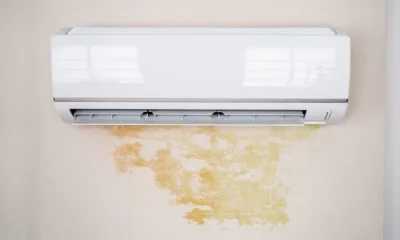
When owners be aware their AC is cooling but no removing humidity, it could be perplexing and uncomfortable. The temperature...

When owners be aware their AC is cooling but no removing humidity, it could be perplexing and uncomfortable. The temperature...
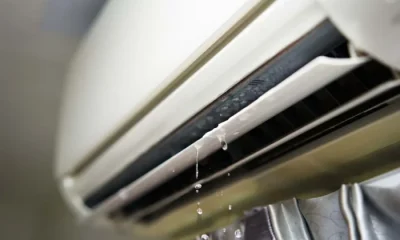
A mini split leaking water is one of the maximum not unusualplace problems owners face with ductless aircon systems. While...
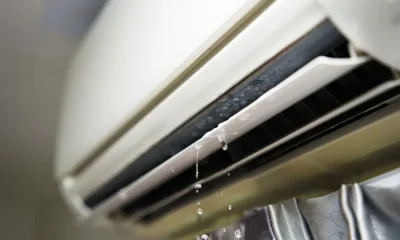
A leaking air conditioner is one of the maximum traumatic HVAC troubles a property owner can face. Whether the difficulty...
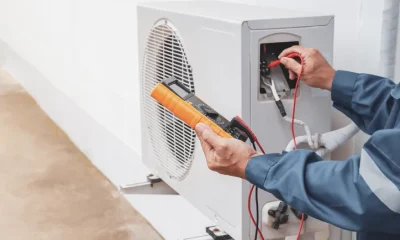
We have all had this experience: it is the day of July in Temecula you come home expecting a blast...
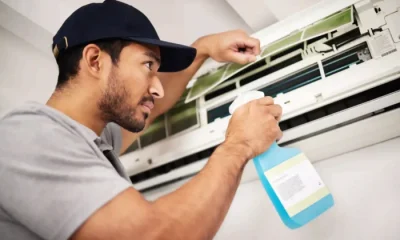
If you`re questioning how much does AC cleansing service costs, you`re no longer alone. A smooth air conditioner now no...
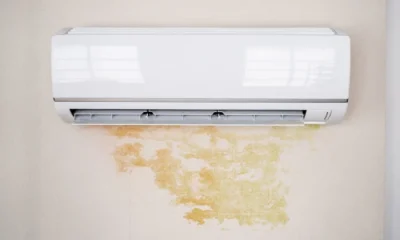
When summer temperatures rise, most owners activate their air conditioners to stay cool. But past cooling, many humans wonder —...

Have you ever became in your AC best to be greeted with the aid of using an unsightly scent? If...
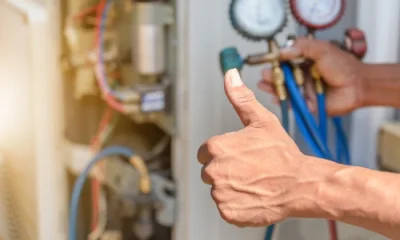
Picture this It’s the middle of July, temperatures are hitting triple digits, and your air conditioner decides to quit. You’re...
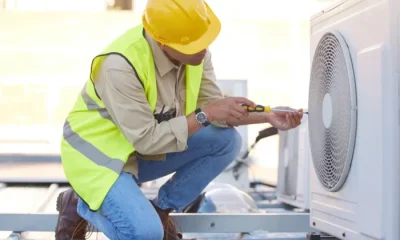
If you`ve ever wondered, “What does AC maintenance include?”, you`re no longer alone. Many house owners understand that everyday provider...
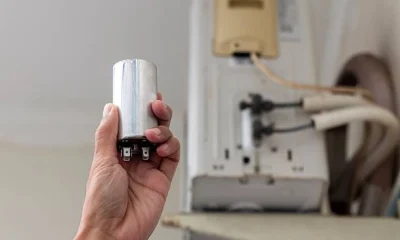
If your air conditioning unit isn’t functioning effectively, a common reason can be a faulty capacitor. The capacitor is crucial...
We Proudly Serving Temecula, Murrieta and Surrounding Areas
EXCELLENTTrustindex verifies that the original source of the review is Google. professional, Responsive extremely thorough With repairPosted onTrustindex verifies that the original source of the review is Google. Thanks Great Job I have heat to keep my Family warm will call them for any Job I need Thanks again👍🏼Posted onTrustindex verifies that the original source of the review is Google. Always great honest reliable service. I would definitely recommend!!Posted onTrustindex verifies that the original source of the review is Google. Emilano's service call yesterday was one of the most impressive examples of professionalism and exceptional customer service I have ever experienced. Emiliano's ability to identify and solve several technical and mechanical failures with our A/C and heating system demonstrated his knowledge and expertise in his craft. Moreover, as he uncovered additional problems with our system which required additional time to correct, he did not use that to increase the charges and maintained the original price quoted. This is a great testimony to his honesty and that of Hutchinson Heating and Air. Finally, I also commend Emiliano for keeping us informed about the problems he found during his extended workday. Outstanding Customer Service!!
We are very proud to be serving our local area for over 21 years!
Useful Links
Contact Information
Business Hours